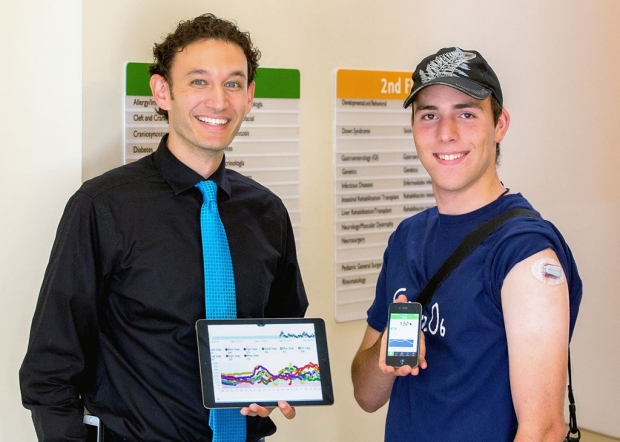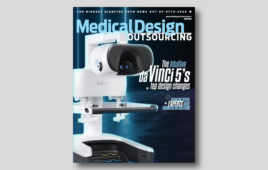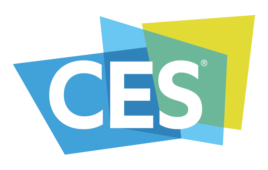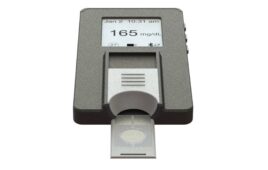
Rajiv Kumar, a pediatric endocrinologist, can track Blake Atkins’ blood-sugar readings with the help of technology that transmits the information to the teen’s electronic medical record. (Credit: Norbert von der Groeben)
Lori Atkins’ 16-year-old son, Blake, has Type 1 diabetes, and she used to track his blood-sugar readings by hand.
It was time-intensive and sometimes daunting, like the night he had a cold and “his numbers were going crazy.” Lori paged Blake’s doctor and sat at a computer, where she wrote a detailed email listing her son’s glucose measurements over the preceding 12 hours to ensure the physician had all the vital data.
Now, however, Blake’s glucose readings are available at his doctor’s fingertips.
Rajiv Kumar, MD, a pediatric endocrinologist at Stanford Children’s Health and Lucile Packard Children’s Hospital Stanford, can access the teenager’s blood-sugar readings quickly, without his mom having to crunch numbers or schedule a clinic appointment. And it’s all because of a new health-care platform from Apple.
In September 2014, the company released Apple HealthKit, a technology that can securely share patient-generated data with third-party applications, including Epic MyChart, the electronic medical record and patient portal system used by Stanford Children’s Health.
Pilot Program
Kumar began piloting HealthKit in March with 10 patients, including Blake, to assess its ability to track blood-sugar levels. Kumar is so pleased with the results that he is now planning to offer the program to more of his patients who use a continuous glucose monitor.
“We’re very excited about this experience,” he said. “Our endocrinologists are now able to easily assess large volumes of blood-sugar data between clinic visits — and quickly identify trends that could benefit from insulin dosing regimen changes.”
“There is also an added benefit,” said Kumar, who is a clinical assistant professor of pediatric endocrinology and diabetes at the School of Medicine. “We no longer need to download the data during clinic visits, and this allows us to spend more time with our patients and their parents.”
How does it work? Patients like Blake wear a continuous glucose monitor that sends 288 blood-sugar readings a day to an Apple mobile device through Bluetooth. The data is securely transmitted via HealthKit into the patient’s electronic medical record at Stanford Children’s Health through the MyChart app.
The work is an example of Stanford Medicine’s focus on precision health by generating care that is proactive, predictive and personalized.
Blake was diagnosed with diabetes four years ago, and he said that using a monitor linked to his iPhone has been a game changer.
In the past, he and his mother tried to be diligent about communicating his glucose measurements and assessing insulin dose needs — a necessity for treating the disease. But this wasn’t easy for Blake, who has school, homework, soccer practice and myriad activities that keep him busy. That left most of the onus on Lori.
‘It’s Taken the Pressure Off’
Now, if she or Blake has questions or concerns about trends in his glucose readings, they can simply send a message to Kumar through MyChart. The readings will have been uploaded already to Blake’s electronic medical record and be ready for Kumar to examine.
“I love it,” said Lori.
And for Blake, no additional effort is required.
“It’s not a hassle at all,” he said, adding that other than changing out the filament sensor for his continuous glucose monitor once a week, he doesn’t have to track anything because HealthKit does it for him. “It’s taken the pressure off.”
Having easy and timely access to Blake’s cumulative data helps Kumar see the big picture. “By being able to look at a block of time, I’m able to detect patterns and pinpoint trends,” said Kumar, who sees patients at Lucile Packard Children’s Hospital and other Stanford Children’s Health locations, including California Pacific Medical Center in San Francisco and John Muir Health in Walnut Creek, California. “I’m also learning more than I would from a routine, three-month patient visit. It’s just a much more streamlined system.”




